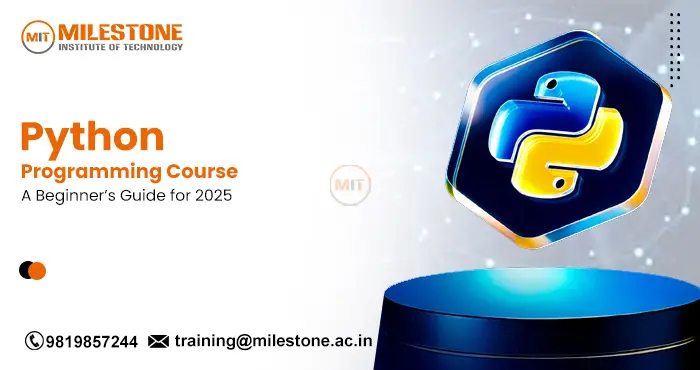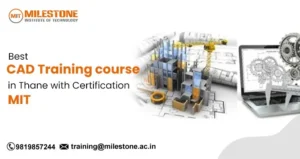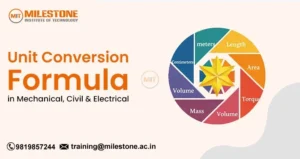
Introduction
In the digital age we are living in the world where the level of demand for quality programmers is higher than ever and python is one of the most powerful and widely used languages among developers, data scientists, and software engineers. So, if you want to launch your tech career, taking up a Python programming course in 2025 would be a great way to start it.
Whether you want to create web applications, machine learning, or simply bring all your meeting minutes together in one place then python is designed to be both easy-to-learn and powerful enough to help you to achieve your goals. In this blog as a complete beginner’s guide to help you know what to expect in a Python programming course and how it can change your future.
Why Learn Python Programming course in 2025?
Python is currently the leading language in 2025 for its readability ease and how powerful it has become over the years, it is one of the 3 most popular programming languages, and can be used for a wide variety of applications including web development, artificial intelligence, data science, game development and automation.
Python syntax is simple compared to other languages which would help you to focus on learning concepts of programming while not being overloaded with information, through an organized python programming course, the concept of how coding works would be made clearer earlier on, and you would be learning a skill that is needed in virtually all parts of the world.
What is a Python Programming Course?
A Python programming course is a type of structured training program that provides learners with the necessary skills and knowledge required to understand the fundamentals and advanced concepts of python. These training courses are mostly provided by online portals, educational institutes and training centres. To make students perfect basics and the application of Python in the world.The curriculum typically covers:
- Introduction to Python and installation
- Data types, variables, and operators
- Conditional statements and loops
- Functions and modules
- File handling
- Object-Oriented Programming (OOP) in Python
- NumPy, Pandas, Matplotlib libraries
- Web frameworks such as Flask / Django
- Introduction to APIs and databases
Who Should Take a Python Programming Course?
One of the great things about Python is that it appeals to a lot of different people. Whether you’re a complete beginner or know a little bit of code, there is a Python programming course for you. Whether it’s those who want to learn the ropes of software development, developers hoping to move into the tech sector, or founders who need to automate part of their business process, Python is a language that provides a range of skills with solid career growth.
Python is also the preferred language in many data science and analytics positions. If one of your career goals is to become a data analyst, business intelligence analyst, or an AI engineer, learning Python will likely be one of your first steps.
Even filmmakers and freelancers who’d like to make their own projects or scripts can benefit from what they learn in a structured course.
How to Choose the Best Python Programming Course in 2025
With so many choices choosing the appropriate Python programming course in 2025 may prove to be a challenging, The course should be updated according to the current market trends with practice base learning and find programs that offer interactive sessions, guidance from mentors, and practical projects to apply Python in the real world, not just in theory.
Python Programming course job-oriented and beginner friendly courses are provided by institutes like Milestone Institute of Technology. A solid foundation in tech can be established in months, with the right guidance and training that is industry-relevant and ensures confidence of a career in the field.
Career Opportunities After Completing the Course
Once you have finished a Python programming course, the following are some of the job positions you can consider:- Python Developer
- Backend Web Developer
- Data Analyst
- Machine Learning Engineer
- Automation Tester
- Software Engineer
- AI/ML Specialist



